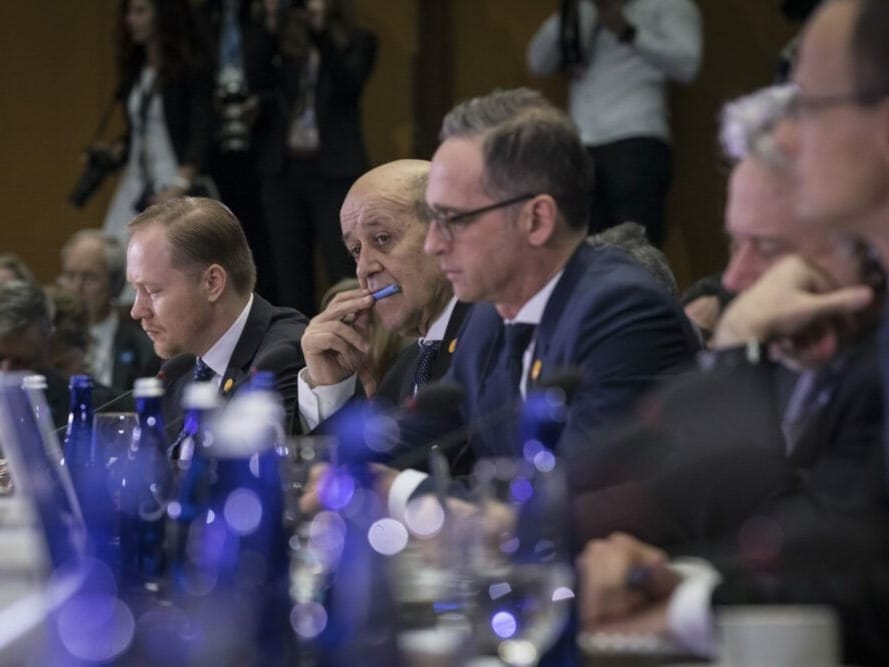WASHINGTON (AN) — NATO marked the start of its eight decade with gatherings that honored its achievements in keeping the former Soviet Union at bay and protecting former Warsaw Pact nations — but revealed modern strains over spending and strategies towards Russian and Chinese geopolitical ambitions.
In Warsaw, ministers from Central and Eastern Europe warily eyed Russia’s military activities. In Washington, where NATO was born, China was foremost on the alliance's list of concerns.









